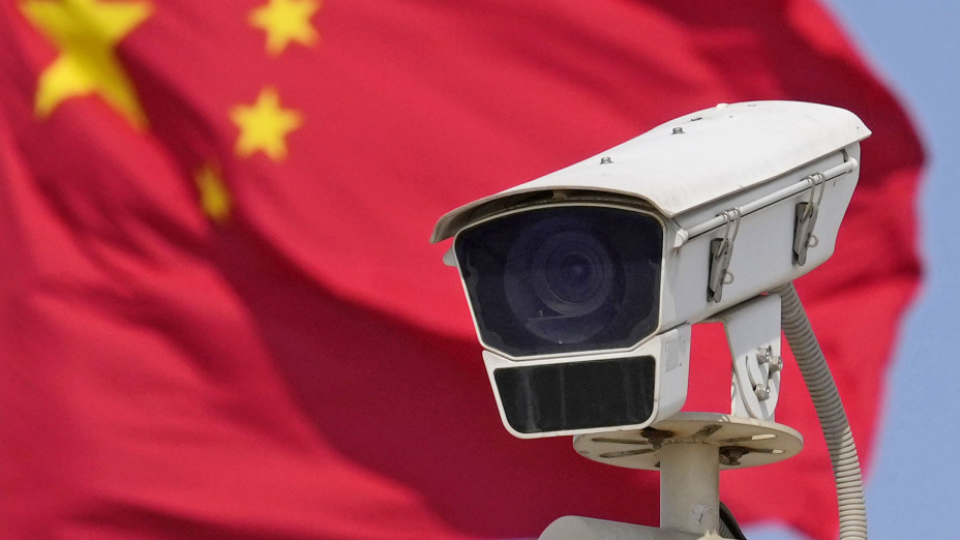- China implemented new regulations on Monday under its toughened counterespionage law, which enables authorities to inspect smartphones, personal computers and other electronic devices, raising fears among expatriates and foreign businesspeople about possible arbitrary enforcement.
- A Japanese travel agency official said the new regulations could further prevent tourists from coming to China. Some Japanese companies have told their employees not to bring smartphones from Japan when they make business trips to the neighboring country, according to officials from the companies.
The new rules, which came into effect one year after the revised anti-espionage law expanded the definition of espionage activities, empower Chinese national security authorities to inspect data, including emails, pictures, and videos stored on electronic devices.
Such inspections can be conducted without warrants in emergencies. If officers are unable to examine electronic devices on-site, they are authorized to have those items brought to designated places, according to the regulations.
It remains unclear what qualifies as emergencies under the new rules. Foreign individuals and businesses are now expected to face increased surveillance by Chinese authorities as a result of these regulations.
A 33-year-old British teacher told Kyodo News at a Beijing airport Monday that she refrains from using smartphones for communications. A Japanese man in his 40s who visited the Chinese capital for a business trip said he will “try to avoid attracting attention” from security authorities in the country.
In June, China’s State Security Ministry said the new regulations will target “individuals and organizations related to spy groups,” and ordinary passengers will not have their smartphones inspected at airports. However, a diplomatic source in Beijing noted that authorities’ explanations have not sufficiently clarified what qualifies as spying activities.
Last week, Taiwan’s Mainland Affairs Council upgraded its travel warning for mainland China, advising against unnecessary trips due to Beijing’s recent tightening of regulations aimed at safeguarding national security.
In May, China implemented a revised law on safeguarding state secrets, which includes measures to enhance the management of secrets at military facilities.



Ah yes, my country also has serious problems and therefore it is not only relevant but equivalent.
Nonsense. The only problem my country has is the problem created by the evil foreigners who threaten my liberty and security from the other side of the border. We need to be protected from those evil outsiders. Therefore, I will endorse and participate in an even more invasive degree of surveillance and a more draconian degree of policing.
That’s the only way to keep the foreign bodies from infecting me and taking over. And the idea of the foreigners having any amount of power over me is significantly more frightening than the prospect of a domestic administration having unlimited authority to protect me.
Where’s the /s?
I’m not kidding, I can’t tell if you’re being sincere or sarcastic. XD
Tbh, I’m loving it. I know Poe’s Law and all that, but I think they’re just sarcastic enough I can tell, but other people with those sincere beliefs can also believe them and get caught in the trap lol.
Poe’s Law and its corrolaries are the bane of my existence. XD
It’s hard to laugh at absurdity when a not-insignificant percentage of the population genuinely believes it to be truth.
This shit belongs in your diary dude.